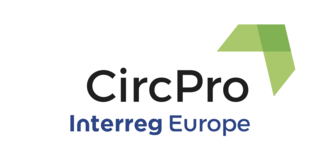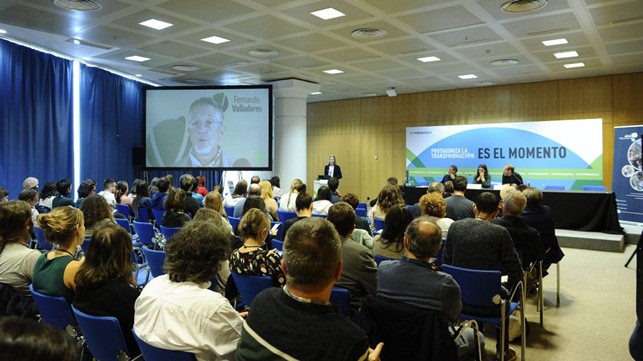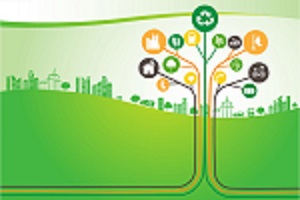The second stakeholder meeting was part of the annual round table of the Bulgarian Recycling Association held in March 2019. The event was attended by more than 90 guests, representatives of recycling companies, environmental experts, representatives of European and Bulgarian institutions. Among them are the Honorary Director of the European Commission and Chairman of the Espoo Convention Bureau - Mr. George Kremlis; Deputy Minister of Environment and Waters of Bulgaria - Nikolay Kanchev; Emanuel KATRAKIS - General Secretary of ESRI; Patrick Kolar - EASME in the EU and many others.
Some of the topics were: New European regulatory requirements, CE implementation, SUP Directive, Basel Convention "Policy Initiatives on Plastics and Waste Recycling", "Circular economy, opportunities and challenges", "Innovative sorting technologies“.
A special place was the presentation of the CircPro project activities, which was also the main topic of the open discussion. As a result of the expert opinion and experience of the participants, conclusions were reached that contribute to the project's objectives and its implementation.

The participants discussed potential solutions to facilitate the transition from linear to circular economy and increase the share of circular and sustainable public procurement:
1. Drawing up a second edition of the „National Action Plan to Promote Green Public Procurement for 2012-2014“ to outline key actions and measures to promote circular and sustainable public procurement;
2. Organization of training programs of public procurement in the administration
3. Raising Awareness (environmental and financial) benefits of circular procurement at all administrative levels;
4. Before tender, contracting authorities shall carry out a market analysis to assess market trends and determine the availability of alternatives;
5. Verification of the availability of "green" criteria for the categories of individual product and service categories;
6. Using a comprehensive approach to determine the technical requirements of the contract:
a. Determination of the subject of the public procurement;
b. Assessment of actual needs (e.g. reducing greenhouse gas emissions and improving air quality), what is the purpose of the circular procurement;
c. Development of technical specifications in terms of the level of environmental performance of a product, service or work;
d. Award criteria with increased environmental requirements;
e. When signing the contract for implementation of a public procurement – environmental protection clauses;
f. Evaluation of long-life costing.














